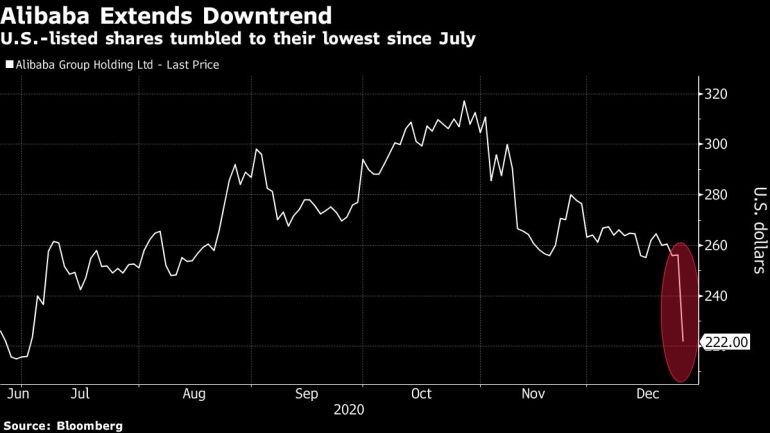Shopify Inc. executives brushed off concerns that incoming U.S. President Donald Trump will be a major detriment to many of the company’s merchants.
“There’s nothing in what we’ve heard from Trump, nor would there have been anything from (Democratic candidate) Kamala (Harris), which we think impacts the overall state of new business formation and entrepreneurship,” Shopify’s chief financial officer Jeff Hoffmeister told analysts on a call Tuesday.
“We still feel really good about all the merchants out there, all the entrepreneurs that want to start new businesses and that’s obviously not going to change with the administration.”
Hoffmeister’s comments come a week after Trump, a Republican businessman, trounced Harris in an election that will soon return him to the Oval Office.
On the campaign trail, he threatened to impose tariffs of 60 per cent on imports from China and roughly 10 per cent to 20 per cent on goods from all other countries.
If the president-elect makes good on the promise, many worry the cost of operating will soar for companies, including customers of Shopify, which sells e-commerce software to small businesses but also brands as big as Kylie Cosmetics and Victoria’s Secret.
These merchants may feel they have no choice but to pass on the increases to customers, perhaps sparking more inflation.
If Trump’s tariffs do come to fruition, Shopify’s president Harley Finkelstein pointed out China is “not a huge area” for Shopify.
However, “we can’t anticipate what every presidential administration is going to do,” he cautioned.
He likened the uncertainty facing the business community to the COVID-19 pandemic where Shopify had to help companies migrate online.
“Our job is no matter what comes the way of our merchants, we provide them with tools and service and support for them to navigate it really well,” he said.
Finkelstein was questioned about the forthcoming U.S. leadership change on a call meant to delve into Shopify’s latest earnings, which sent shares soaring 27 per cent to $158.63 shortly after Tuesday’s market open.
The Ottawa-based company, which keeps its books in U.S. dollars, reported US$828 million in net income for its third quarter, up from US$718 million in the same quarter last year, as its revenue rose 26 per cent.
Revenue for the period ended Sept. 30 totalled US$2.16 billion, up from US$1.71 billion a year earlier.
Subscription solutions revenue reached US$610 million, up from US$486 million in the same quarter last year.
Merchant solutions revenue amounted to US$1.55 billion, up from US$1.23 billion.
Shopify’s net income excluding the impact of equity investments totalled US$344 million for the quarter, up from US$173 million in the same quarter last year.
Daniel Chan, a TD Cowen analyst, said the results show Shopify has a leadership position in the e-commerce world and “a continued ability to gain market share.”
In its outlook for its fourth quarter of 2024, the company said it expects revenue to grow at a mid-to-high-twenties percentage rate on a year-over-year basis.
“Q4 guidance suggests Shopify will finish the year strong, with better-than-expected revenue growth and operating margin,” Chan pointed out in a note to investors.
This report by The Canadian Press was first published Nov. 12, 2024.
Companies in this story: (TSX:SHOP)

 [Bloomberg]
[Bloomberg] [Bloomberg]
[Bloomberg]























